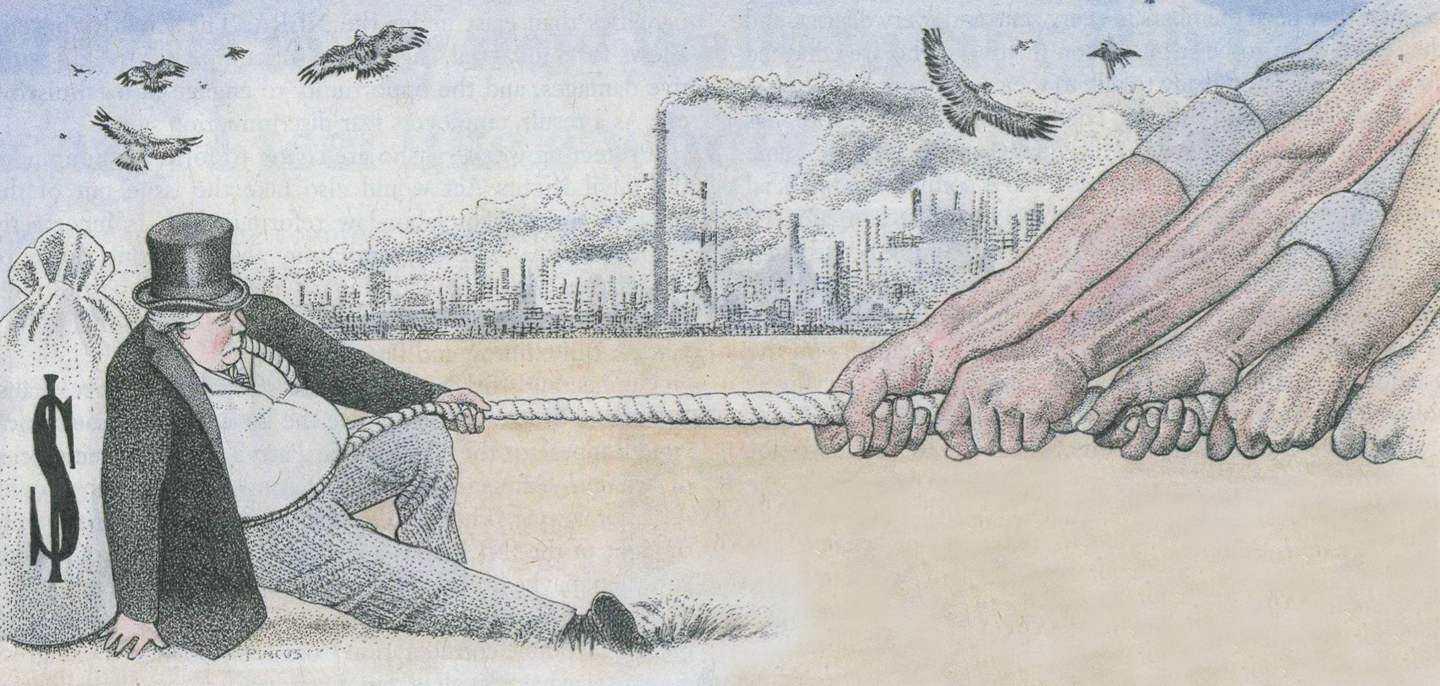
1965–1975: How To Tell The Rebels Have Won 1965–1975: How To Tell The Rebels Have Won
Vietnam is a unique case—culturally, historically and politically. I hope that the United States will not repeat its Vietnam blunders elsewhere.
Mar 23, 2015 / Books & the Arts / The Nation

2005–2015: This All Seems Eerily Familiar 2005–2015: This All Seems Eerily Familiar
Nation writers on disaster capitalism, Blackwater, Obama, the financial bailout, austerity, Occupy Wall Street, Trayvon Martin and Charlie Hebdo.
Mar 23, 2015 / Books & the Arts / The Nation

Cuba Libre Cuba Libre
Covering the island has been a central concern for The Nation since the beginning—producing scoops, aiding diplomacy, and pushing for a change in policy.
Mar 23, 2015 / Books & the Arts / Peter Kornbluh

Young ‘Nation’ Writers On Creating Our Radical Future Young ‘Nation’ Writers On Creating Our Radical Future
As The Nation looks forward to the next 150 years, we asked some contributors to StudentNation, the campus-oriented section of our site, and former Nation interns what a radical fu...
Mar 23, 2015 / Feature / The Nation

For the Jews—Life or Death? For the Jews—Life or Death?
An appeal for help from 1944.
Mar 23, 2015 / Feature / I.F. Stone

Is America Possible Without Empire? Is America Possible Without Empire?
Rather than sizzle or suffocate, let us get on with imagining a new America.
Mar 23, 2015 / Books & the Arts / William Appleman Williams and Greg Grandin
Present Present
December 28, 1964 The stranded gulch below Grand Central the gentle purr of cab tires in snow and hidden stars tears on the windshield torn inexorably away in whining motion and the dark thoughts which surround neon in Union Square I see you for a moment red green yellow searchlights cutting through falling flakes, head bent to the wind wet and frowning, melancholy, trying I know perfectly well where you walk to and that we’ll meet in even greater darkness later and will be warm so our cross of paths will not be just muddy footprints in the morning not like celestial bodies’ yearly passes, nothing pushes us away from each other even now I can lean forward across the square and see your surprised grey look become greener as I wipe the city’s moisture from your face and you shake the snow off onto my shoulder, light as a breath where the quarrels and vices of estranged companions weighed so bitterly and accidentally before, I saw you on the floor of my life walking slowly that time in summer rain stranger and nearer to become a way of feeling that is not painful casual or diffuse and seems to explore some peculiar insight of the heavens for its favorite bodies in the mixed-up air This article is part of The Nation’s 150th Anniversary Special Issue. Download a free PDF of the issue, with articles by James Baldwin, Barbara Ehrenreich, Toni Morrison, Howard Zinn and many more, here. This poem by Frank O’Hara (1926–1966) was published the same year his collection Lunch Poems brought him to fame.
Mar 23, 2015 / Books & the Arts / Frank O’Hara

What We Can Learn From Andy Kopkind’s Energy, Edge and Radical Hope What We Can Learn From Andy Kopkind’s Energy, Edge and Radical Hope
How to be committed without drinking the Kool-Aid—and other things Andy taught me.
Mar 23, 2015 / Feature / Maria Margaronis

Testimonials to ‘The Nation’ Testimonials to ‘The Nation’
Encomiums from Elizabeth Warren, Rev. Jesse Jackson, Bernie Sanders and many more.
Mar 23, 2015 / Feature

1875-1885: Custer’s Last Stand and the Power of Tammany Hall 1875-1885: Custer’s Last Stand and the Power of Tammany Hall
Just as soon as one "boss" is evicted, another rises to take his place.
Mar 23, 2015 / Feature / The Nation
